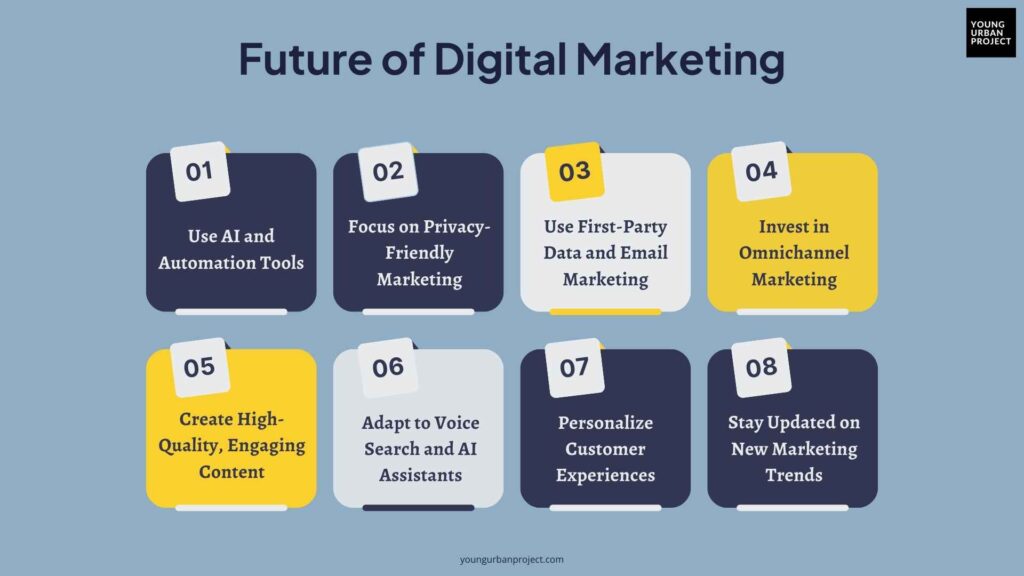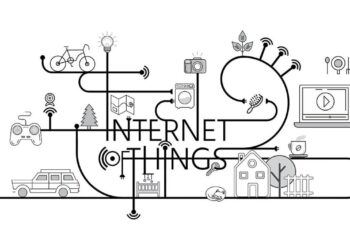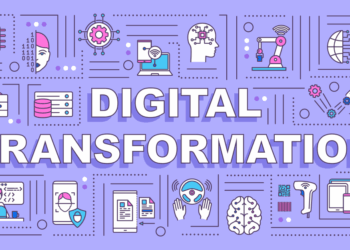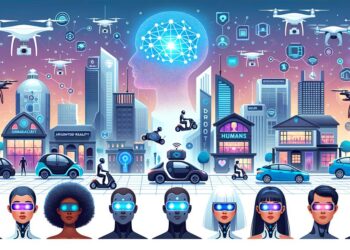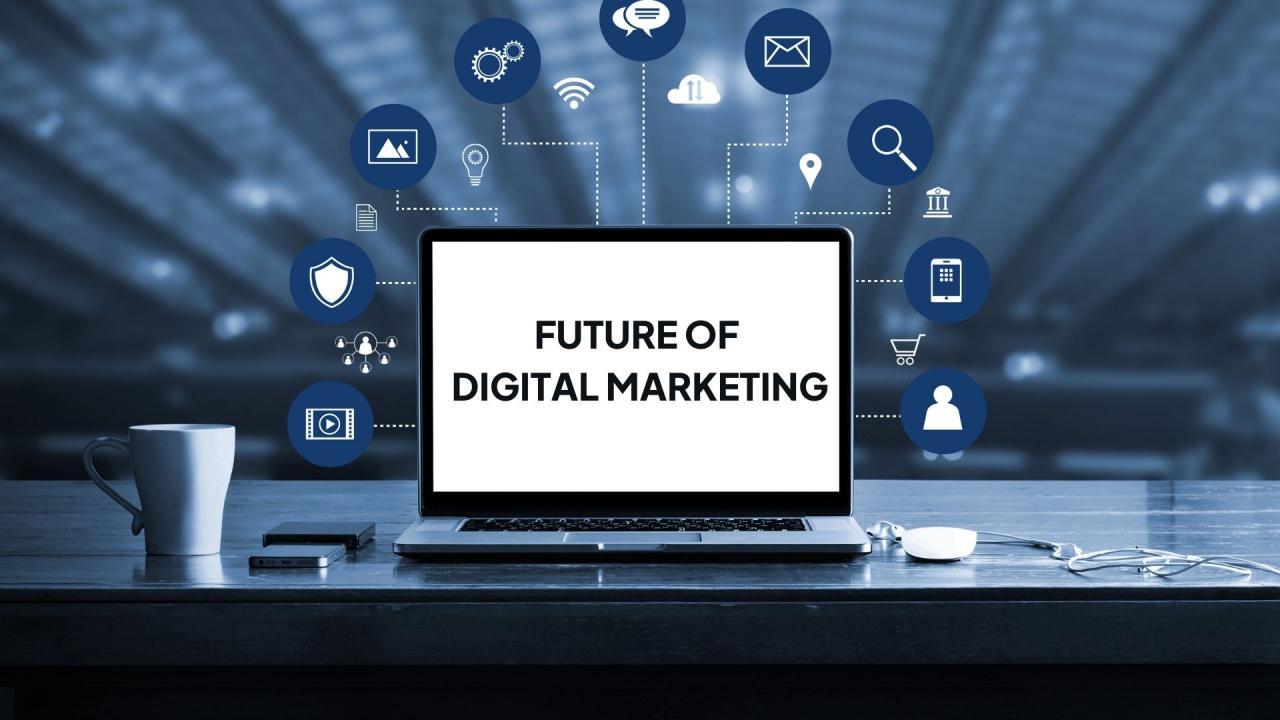
The rapid evolution of technology is reshaping how we live, work, and interact. From AI-powered smart homes to blockchain-based finance, digital living is undergoing a massive transformation. This in-depth guide explores the most groundbreaking trends that will define the future of digital living, offering insights into how these innovations will impact our daily lives.
A. The Rise of AI-Powered Smart Homes
Artificial Intelligence (AI) is revolutionizing home automation, making living spaces more intuitive and efficient.
Key Developments:
-
Voice-Activated Assistants: Advanced AI like Google Assistant and Alexa now predict user needs.
-
Self-Learning Thermostats: Devices like Nest adjust temperatures based on habits.
-
AI Security Systems: Facial recognition and anomaly detection enhance safety.
-
Automated Grocery Orders: Smart fridges restock food via IoT sensors.
Future Predictions:
By 2030, AI may fully automate household chores, from cleaning robots to AI chefs.
B. The Metaverse & Digital Reality Expansion
The metaverse is no longer science fiction—it’s becoming a new digital frontier.
1. Virtual Workspaces
-
Companies like Meta and Microsoft are developing VR offices.
-
Employees use avatars for meetings in 3D environments.
2. Social & Entertainment Shifts
-
Virtual concerts (e.g., Travis Scott’s Fortnite event) attract millions.
-
NFT-based virtual real estate is selling for millions.
3. Education & Training
-
Medical students practice surgeries in VR simulations.
-
Schools adopt immersive history lessons via AR.
C. Blockchain & Decentralized Finance (DeFi)
Blockchain is disrupting traditional finance and digital ownership.
Major Trends:
-
Smart Contracts: Automate transactions without intermediaries.
-
NFT 2.0: Dynamic NFTs that change based on real-world data.
-
CBDCs (Central Bank Digital Currencies): Governments launch digital currencies.
Future Impact:
DeFi could replace banks, offering faster, cheaper global transactions.
D. Sustainable Tech & Green Digital Solutions
Eco-friendly innovations are shaping the future of digital living.
Key Innovations:
-
Solar-Powered Smart Devices: Phones and laptops with indefinite battery life.
-
AI Energy Optimization: Reduces household electricity waste by 30%.
-
Carbon-Neutral Cloud Computing: Tech giants invest in green data centers.
E. Health Tech Revolution: AI & Wearables
Healthcare is becoming more personalized and accessible.
Breakthroughs:
-
AI Diagnostics: Algorithms detect diseases from X-rays faster than doctors.
-
Wearable Health Monitors: Smartwatches track blood sugar and predict heart attacks.
-
Telemedicine Growth: Virtual doctor visits save time and reduce costs.
F. The Future of Digital Privacy & Security
As digital living expands, so do privacy concerns.
Emerging Solutions:
-
Decentralized Identity (DID): Users control personal data via blockchain.
-
Quantum Encryption: Unhackable security for sensitive data.
-
AI-Powered Fraud Detection: Banks use machine learning to prevent scams.
G. Autonomous Vehicles & Smart Cities
Self-driving cars and AI-managed cities are no longer futuristic dreams.
Latest Advancements:
-
Tesla’s Full Self-Driving (FSD): Near-complete autonomous navigation.
-
Smart Traffic Systems: AI reduces congestion in real time.
-
Flying Taxis: Companies like Uber Air test urban air mobility.
Conclusion
The future of digital living is a blend of AI, blockchain, VR, and sustainability. These innovations promise convenience, efficiency, and a smarter way of life. Staying informed and adapting early will be key to thriving in this digital revolution.
Tags: Future technology, smart homes, metaverse, blockchain, DeFi, AI healthcare, digital privacy, smart cities, sustainable tech, autonomous vehicles

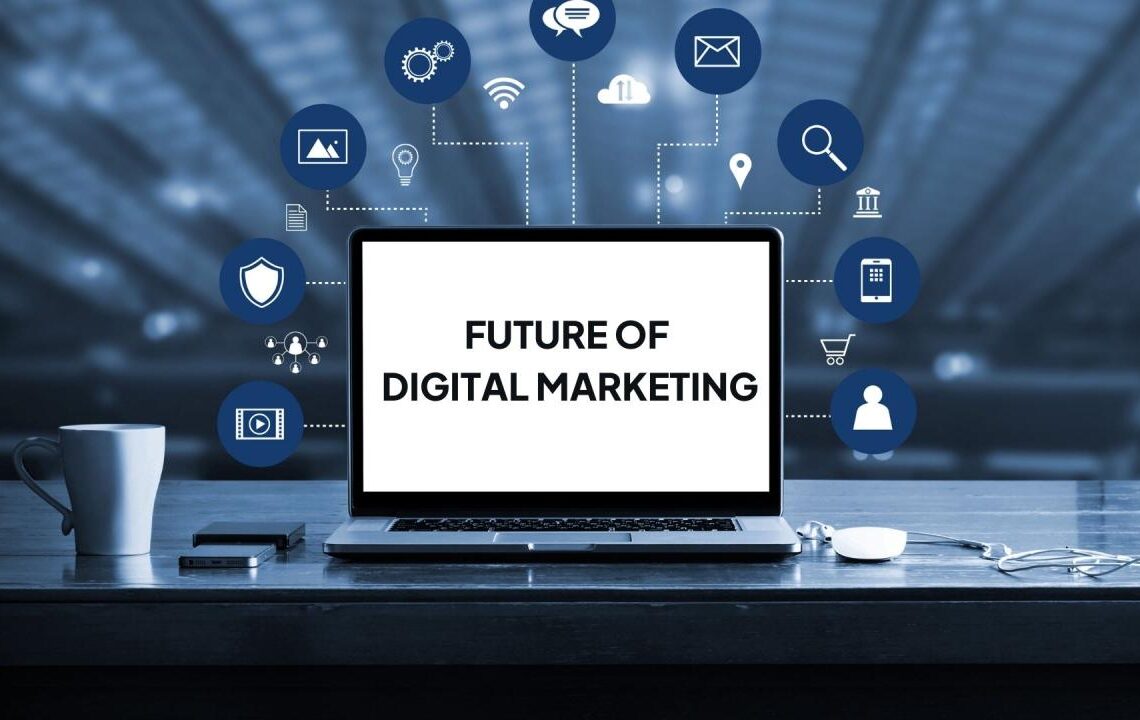


.webp)
